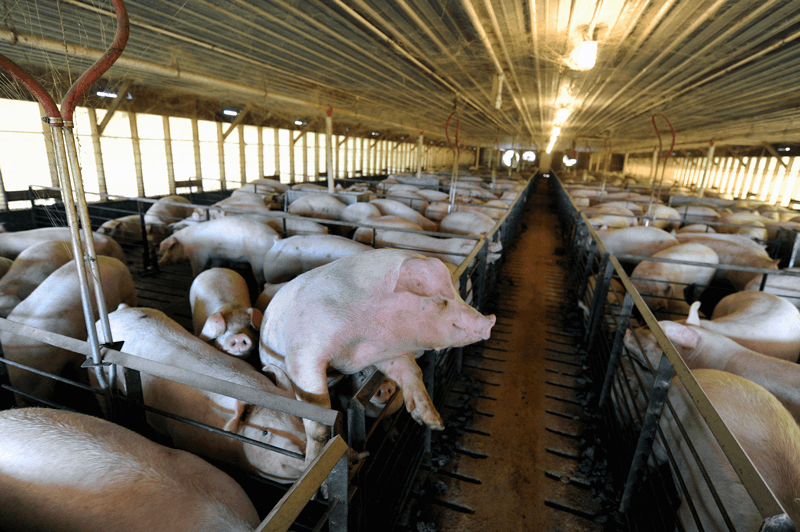It is very worrying not only to read about yet another blunder by the industrial farming sector (Pigs in the pink: gene editing is set to revolutionise the farming industry, 17 March) but also that the article didn’t attempt to counterbalance with a different viewpoint. We know that healthy, agroecological, farming systems support healthy animals and plants that are then, by and large, resilient to disease. The solution for a sick animal is not to edit genes, because this does not address the cause of the problem and only makes it worse, as the ill health will only find a different way to express itself. In the meantime we are supporting unhealthy farming systems and their associated diseases, and consuming sick pigs.
This isn’t contributing to health or welfare, or saving money, but it keeps farmers lurching from one disaster to another and keeps them dependent on new technology.
…
The problem is this kind of unsustainable livestock production that emanates from industrialised mindsets.
Editor’s note: Julia Wright is a senior research fellow, agroecological futures, at the Centre for Agroecology, Water and Resilience at Coventry University in the UK
Read full, original post: Gene editing: don’t bet the farm on this pig in a poke































